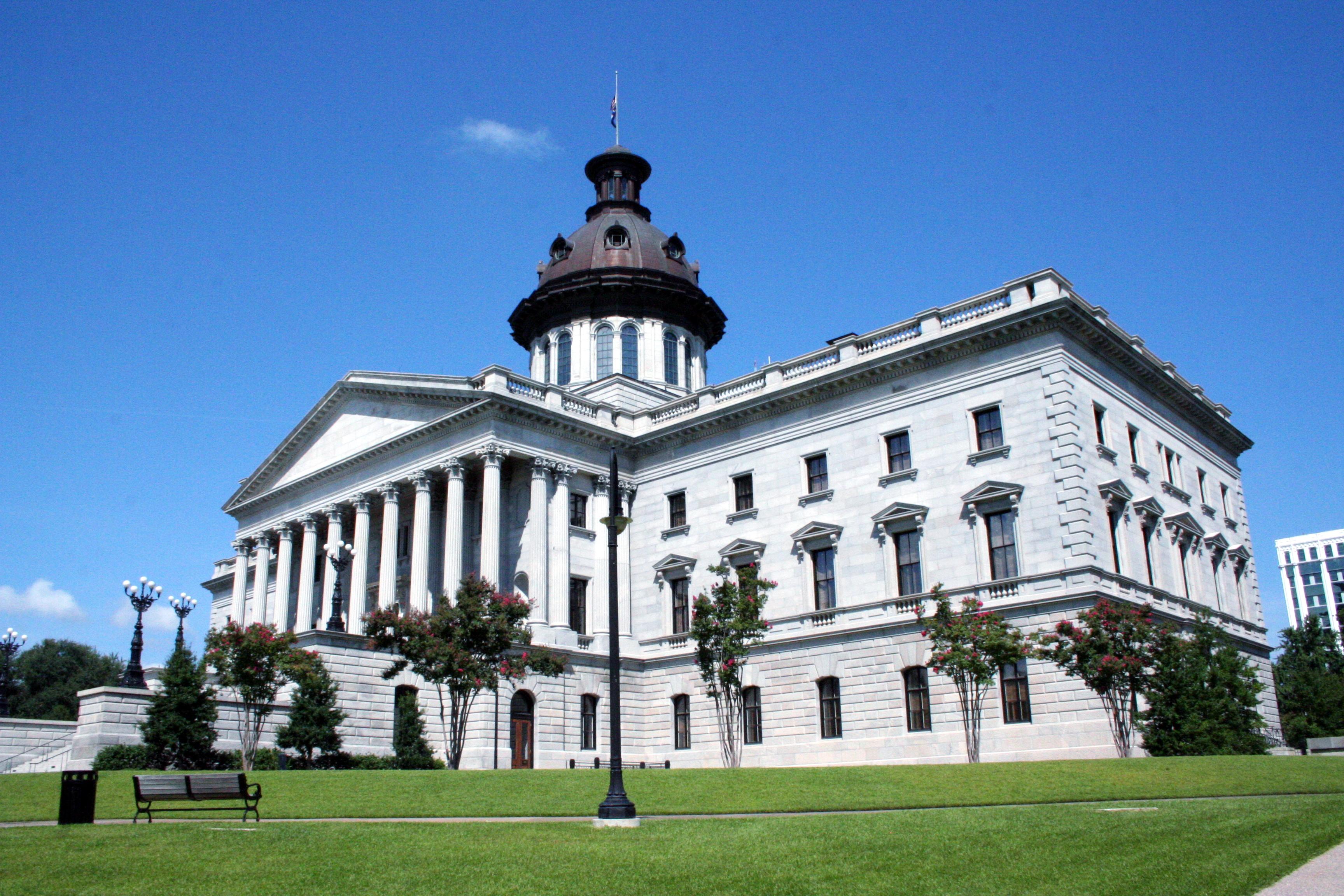The Assault on Free Speech in SC

Ellen Weaver
On March 14, Palmetto Promise Institute’s Ellen Weaver addressed a SC Senate Judiciary Subcommittee on S.255, a donor disclosure bill that would threaten the first amendment rights of South Carolina residents. The following is an edited transcript of those remarks, in which she focuses specifically on the threat to public safety inherent in the bill.
Members of the Committee…
You have already heard today about the legal implications of this overly broad donor disclosure bill for all non-profit 501(c)(3) and (c)(4) organizations, as well as its constitutional flaws that abridge free speech.
I appreciate the opportunity to briefly share with the members of this subcommittee some historical context for why this bill is also a threat to public safety.
Does that sound like an overstatement?
Let’s step back in time for a moment.
America’s founding fathers were no cowards. Yet, they still used pen names while writing articles calling for the founding of a new country. Why? They knew that if their names were public, they and their families would be in danger of harassment, arrest and even death.
Fast forward nearly 200 years. The setting is the civil rights movement in 1958 Alabama. Leaders in that state were pushing to find out who was funding the local NAACP and other groups working to end Jim Crow laws. Why did they want to know? Because they wanted to boycott their businesses, harass and intimidate them. The U.S. Supreme Court stepped in and ruled that groups supporting controversial issues couldn’t be forced to turn over their supporter donor lists, because they knew citizens would be practically stripped of their First Amendment rights to free speech and would have their personal safety endangered.
But could that kind of threat possibly still exist in 2017 America?
The fact is, it does:
• Meet Margie Christoffersen, a California restaurant manager who made a $100 donation to support a controversial ballot proposition in California that she deeply believed in. When her donation became public, her restaurant was boycotted and she was fired. All because of a $100 contribution that landed her on a public government list.
• Or how about Dina Galassini, and private Arizona citizen who emailed 23 of her neighbors, asking them to join her in a sign-waving protest against a city bond measure. The city found out and forced her to register as a political group, just for organizing a protest with her neighbors.
• A bit closer to home, there’s the real story of Gigi. Her North Carolina home address and employer were published when she donated to John Edwards presidential campaign. Because she
works at a pharmaceutical company, she was targeted by a radical and violent animal rights group, even though her work has nothing to do with animal testing. Gigi’s home address was published on a list of “Targets” with the caption, “Now you know where to find them.”
• Then there are the infamous John Doe cases in Wisconsin where contributors to (c)(4) organizations that supported Governor Walker’s labor reforms had their doors kicked in during the night in police raids spawned by a politically motivated prosecutor.
I could go on, but for sake of time, I’ll close by giving you two “what if” scenarios.
• In 2015, three people were killed and nine were wounded when a gunman entered a Colorado Springs Planned Parenthood clinic. If Colorado law had required the name and addresses of donors to that clinic to be disclosed, how many others in the community could have been killed that day?
• And South Carolina is no stranger to this kind of tragedy. The 2015 Mother Emanuel massacre is etched deep in our hearts and minds. As horrific as that tragedy was, what could have happened if Dylan Roof had had access to the names and home addresses of the entire congregation?
Having worked for an elected official in my previous job, I understand firsthand the frustration and concerns that those of you on the other side of this dais feel when you are publicly attacked, often in personal and hurtful ways, by information that you believe to be exaggerated or untrue.
But the answer is not abridging free speech, thereby opening even more of your fellow-citizens up to the fear, harassment, intimidation and other threats. Under the current language of this bill, there is no way to differentiate between groups that engage in actual electioneering and non-profit organizations caught in the crosshairs of this law’s overly broad provisions.
I would urge members of this body to think about steps they can take to affirmatively protect the right of South Carolinians to support causes that they believe in without fear of harassment or intimidation. This is our birthright as Americans and a principle that should be something that unites all of us, Left and Right, in this time of deep political polarization.
Thank you.





